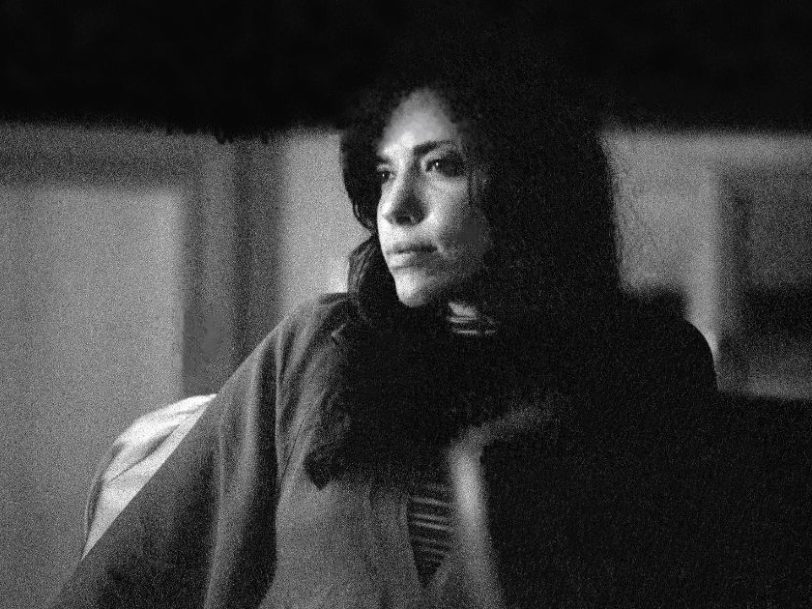It’s the longest game of reveal in pop history. Carly Simon’s signature song, You’re So Vain – an enormous hit single when it was released on 8 November 1972, and a key track on the classic soft-rock album No Secrets – has teased and taunted audiences since its debut. Just who, exactly, is it about?
“The song is not just about one person,” Simon has said. “The subjects of the first and third verses don’t know that this song is also about them.” The singer-songwriter has revealed clues as to the identity of her targets over the years – but they have only served to keep listeners guessing.
Listen to the best of Carly Simon here.
When did Carly Simon write You’re So Vain?
Carly Simon was an excellent eavesdropper, and she had a quick mind when it came to turning offhand remarks into memorable lyrics. She always carried a notebook with her, and she had already written down snippets that would turn into such classic lines as “clouds in my coffee” and “like you were walking onto a yacht”. But it would take a while for these fragments to coalesce into one of the best breakup songs ever written: You’re So Vain.
Simon’s first effort at the song was titled Bless You, Ben. She composed it on the piano (“my aunt’s old Tonk upright”, Simon has recalled) but, thematically, this early pass was very different to what You’re So Vain would become. Most of the initial lyrics were junked, but Simon did retain the dreamy image of “clouds in my coffee” – which she had held in her notebook ever since, during a flight, a friend remarked on seeing the sky reflected in Simon’s coffee.
Another friend was very helpful for lyrical inspiration. Kim Rosen, attending a party in New York City around 1970, observed to Simon that the guests noticeably held on to their reflections in the mirror, with one man even twirling his scarf – Rosen described him as looking like he was “walking on to a yacht”.
The final lyrical foundational stone was “not an overheard quip, but a genuinely daft piece of original cleverness”, Simon has said of what would become the song’s chorus: “You’re so vain/You probably think this song is about you.” “It clicked,” Simon remembered. “The word ‘vain’ did it. Suddenly I had a protagonist! A guy! He would think this song was about him.” Simon changed the title from Bless You, Ben to Ballad Of A Vain Man, and then to You’re So Vain.




